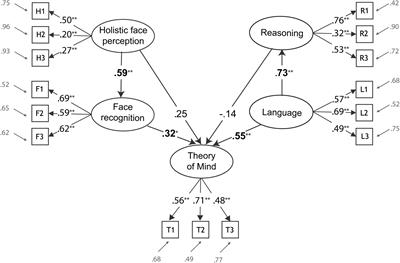EDITORIAL
Published on 18 Sep 2019
Editorial: Physiological Computing of Social Cognition
doi 10.3389/fnhum.2019.00326
- 3,128 views
- 1 citation
15k
Total downloads
190k
Total views and downloads
EDITORIAL
Published on 18 Sep 2019
ORIGINAL RESEARCH
Published on 14 Feb 2019

ORIGINAL RESEARCH
Published on 03 Jul 2018

ORIGINAL RESEARCH
Published on 13 Apr 2018

ORIGINAL RESEARCH
Published on 09 Feb 2018

ORIGINAL RESEARCH
Published on 31 Jan 2018

ORIGINAL RESEARCH
Published on 04 Jan 2018
